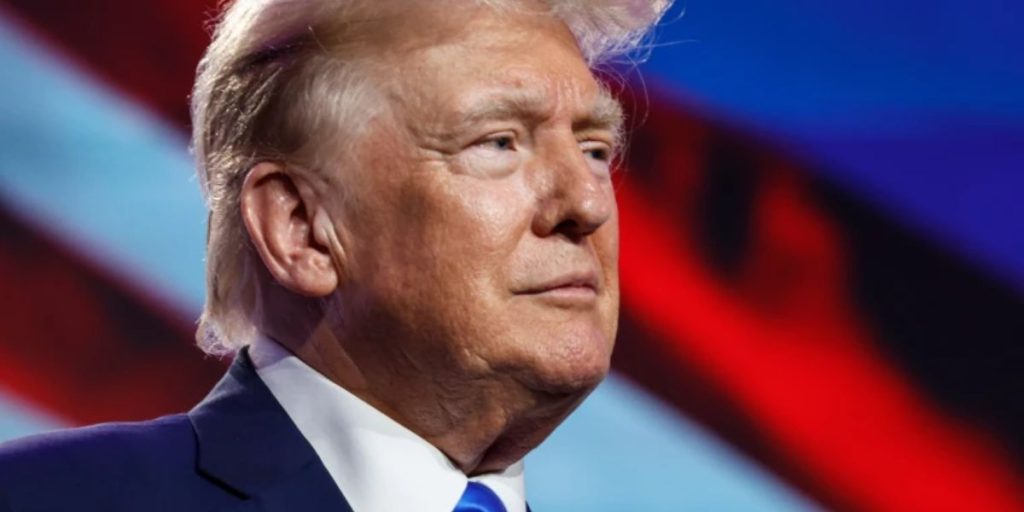Former President Donald Trump’s federal interference in elections trial in Washington, D.C., will no longer begin on March 4, Judge Tanya Chutkan announced in a court order Friday.
It is unknown when the trial will resume, but it has been on hold for nearly two months — Trump’s lawyers asked for a stay on December 7 and it was granted on December 13 — so the trial might begin as soon as late April or early May.
A start date in early May could mean that the trial will not be completed until after the Republican National Convention, which is planned for July 15-18 in Milwaukee.
In a prior order, Chutkan stated that seven months was “sufficient time” for Trump to prepare for trial, excluding the period the case has been paused.
Friday’s ruling comes while the D.C. Circuit Court has yet to rule on whether the former president is immune from prosecution. On January 9, a panel of federal appeals court judges heard oral arguments, and the case has been expedited.
“The court will set a new schedule if and when the mandate is returned,” the court order from Chutkan stated.

A Trump lawyer and a special counsel spokesman declined to comment.
Previous hints suggested that the March 4 commencement date would not be met. Chutkan was scheduled to oversee trial proceedings in a separate case on April 2, which might have overlapped with Trump’s case if the start date had remained March 4. As of Thursday, D.C.’s court calendar did not mention Chutkan as supervising a case on March 4.
Special counsel Jack Smith’s office earlier anticipated that the prosecution would need “no longer than four to six weeks” to deliver its case, and potential jurors were advised that the trial “may last approximately three months after jury selection is completed.”
The original trial date of March 4 placed the high-profile case in the midst of the Republican primary, just one day before voters in 16 states voted on Super Tuesday.
D. John Sauer, one of Trump’s lawyers, has argued before the D.C. Circuit Court that a president can be sued for private conduct, but he claims Trump is immune from prosecution under the separation of powers principle. Sauer has stated that when Trump questioned the 2020 election results and urged Congress to stop certification, he was acting in his official capacity as president.
The president has supported the argument in social media posts.
“A president of the United States must have full immunity; otherwise, he or she cannot function properly,” Trump wrote on Truth Social in January.
The removal of the March 4 start date raises the possibility that Trump’s next trial will be in New York, where he is accused of paying hush money to adult film star Stormy Daniels. That case is presently scheduled to begin on March 25.